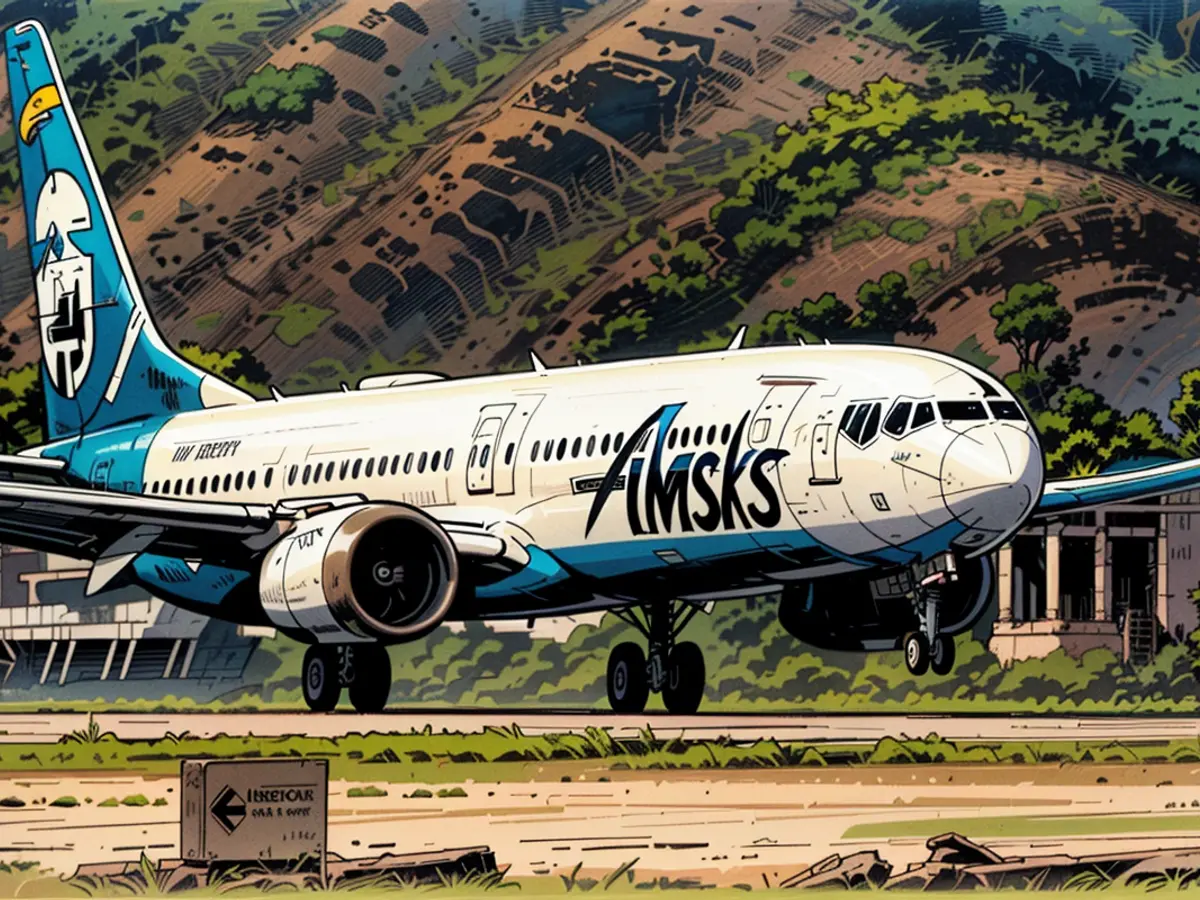Traffic - Confusion about the 49-euro ticket: Stendal could find imitators
Following the chaos surrounding the Deutschlandticket in the district of Stendal, other regions could theoretically opt out of the uniform ticket - but the transport ministries of most federal states do not see any efforts to do so in the municipalities. However, a survey of the state transport ministries conducted by Deutsche Presse-Agentur revealed that there are no orders from the state governments to accept the ticket in many places.
Most federal states are relying on the fact that districts and transport companies are bound to the Deutschlandticket by resolutions within the transport associations. It is unlikely that an entire transport association will opt out of the Deutschlandticket - but depending on its size, it is not impossible.
In the district of Stendal, the district council did not approve a resolution to recognize the Deutschlandticket. This means that the ticket will no longer be valid on buses there from January 1. The district had expected additional costs of 40,000 euros for the first four months of the year. A special district council is due to meet next week to decide again on the recognition of the Deutschlandticket. The state had previously promised the districts a further 10 million euros in funding.
Thuringia adapted public transport law
"This would not be possible in Hesse. This is because a so-called network tariff applies in all transport associations here, which also includes the Deutschlandticket and other offers such as the senior citizens' ticket," explained the Ministry of Transport in Wiesbaden when asked. The situation is very similar in Brandenburg and Schleswig-Holstein, for example. The district of Stendal is not part of a transport association and could therefore more easily oppose the Deutschlandticket.
Thuringia has enshrined the Deutschlandticket in its public transport law - according to its own information, it is the only federal state to do so. In return, it was stipulated "that the Free State of Thuringia owes the transport companies compensation for the associated disadvantages", explained the ministry in Erfurt.
Baden-Württemberg and Saxony are reviewing the order
The transport ministries in Baden-Württemberg and Saxony, on the other hand, announced that a collective bargaining order was still being examined. There are around 20 transport associations in Baden-Württemberg, some of which only represent a single district. The hurdles for a protest like the one in Stendal would therefore be smaller than in Brandenburg, for example, where the Berlin-Brandenburg transport association covers all districts.
A spokesperson for the Lower Saxony Ministry of Transport said that a situation like the one in Stendal was theoretically possible there too. However, this danger was not seen. In Düsseldorf they said: "With regard to North Rhine-Westphalia, we are not aware of any incidents similar to those in Stendal. We therefore also see no need for an order." In Mecklenburg-Western Pomerania, the municipalities were requested by a letter from the state to extend the existing tariff regulations for the Deutschlandticket until April 30, 2024.
There is a threat of a price increase on May 1, 2024
The background to the debate is the fact that the financing of the Deutschlandticket for 2024 has not been agreed in detail. Although the federal and state governments agree that the Deutschlandticket should also be available in the coming year, they do not agree on how possible additional costs will be borne. According to a forecast by the Association of German Transport Companies (VDV), the industry's losses from the introduction of the Deutschlandticket are likely to amount to 2.3 billion euros this year, after the ticket was only introduced at the beginning of May. In the full year 2024, the figure is likely to be 4.1 billion euros.
The federal and state governments have so far pledged to provide six billion euros for 2023 and 2024 - so there could be a gap of 400 million euros. At the beginning of November, the transport ministers of the federal states were tasked with presenting a concept for the further financing of the ticket in good time before May 1, 2024. The mandate includes a mechanism for updating the ticket price, "which may also include an increase".
There is a certain amount of uncertainty for transport companies in the current regulation. Accordingly, the VDV has called for "legal security" in recent days, while the Pro-Rail Alliance has called for "financial security for the additional costs". "The federal states must oblige the districts and cities to use the Deutschlandticket and thus also assume responsibility for financing," demanded the German Association of Districts on Tuesday.
Read also:
- Why there is still no EU funding for green Saar steel
- 3 billion Saar Fund is unconstitutional
- The chemical industry has little confidence
- Politicians at a loss after shock news
Source: www.stern.de








